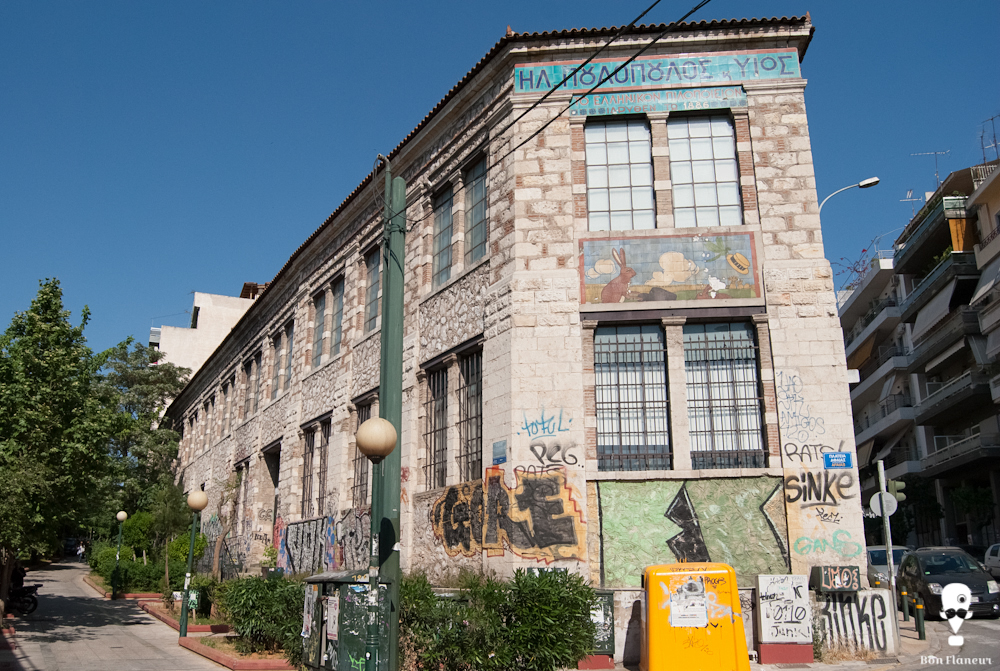Melina Cultural Centre- Charidimos Shadow Theatre Museum
Melina Cultural Centre- Charidimos Shadow Theatre Museum is a historic industrial building that is now a municipal cultural centre.
Location
Timeline
Modern and Contemporary era (1821 - )
1886 The factory was built.
1988 After many years of abandonment, the building was bought by the municipality of Athens.
1996 “Travelogue in old Athens” was created.






Share